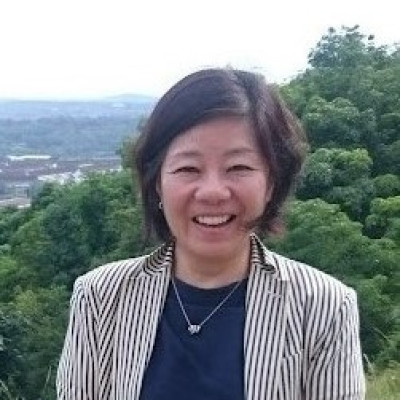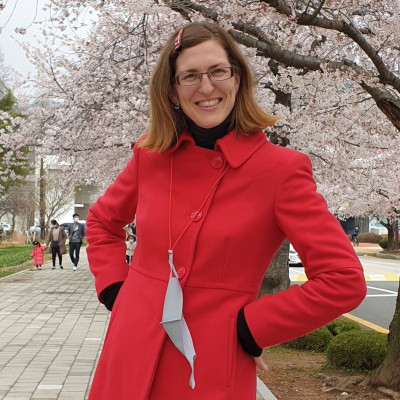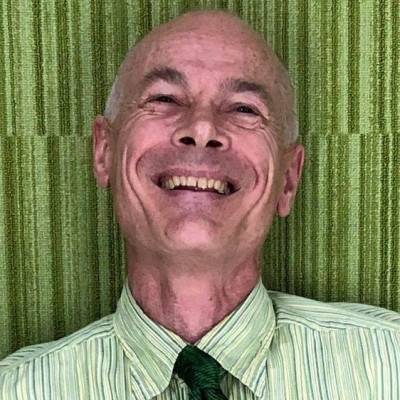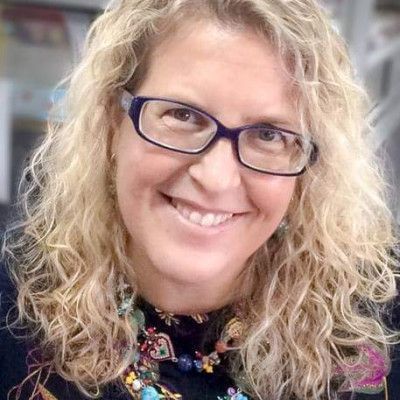Sessions / Panel Discussion (80 mins Onsite)
Professional growth through critical friendships: Cases from Japan #3385
Teachers across Japan recognize the importance of professional development (PD), but many are at a loss for what to do since many report feeling isolated or compartmentalized. While recent government initiatives are encouraging more PD, without specific measures being implemented, institutions and individuals remain responsible for creating change. In the absence of formalized PD, many teachers in Japan end up looking beyond institutions to build relationships like critical friendships that, through reflective practice, provide support and encourage growth. A “critical friend” or “trusted other” is someone with whom an educator can engage reflectively and collaboratively about their beliefs, practices and identity (Hatton & Smith, 1995; Stenhouse, 1975). This panel will showcase the experiences of several EFL professionals in Japan through research conducted on, and through, critical friendships. Panelists will share their approach to researching their critical friendship research and what they gained, broadly and in terms of their personal growth.
Collaborative Classroom Conflict Prevention and Resolution Projects #3477
In this panel discussion, four educators across three Asian countries (China, Japan, and South Korea) who are members of a Peace Linguistics group share their lived classroom experiences of teaching and applying nonviolent communication for conflict prevention and resolution. The FENS communication model involves looking at the facts of the communicative situation, identifying the needs and emotions of each party, and generating and evaluating possible solutions (in case of a conflict). Specific language/discourse resources were introduced to facilitate consideration and expression of the facts, emotions, needs, and solutions. After introducing this model, the panelists describe how they presented and applied it in specific English language courses in their unique university contexts. This is followed by a discussion and audience Q&A. It is hoped that participants leave the session inspired with fresh ideas and empowered to try out new conflict prevention and resolution activities in their own classrooms.







